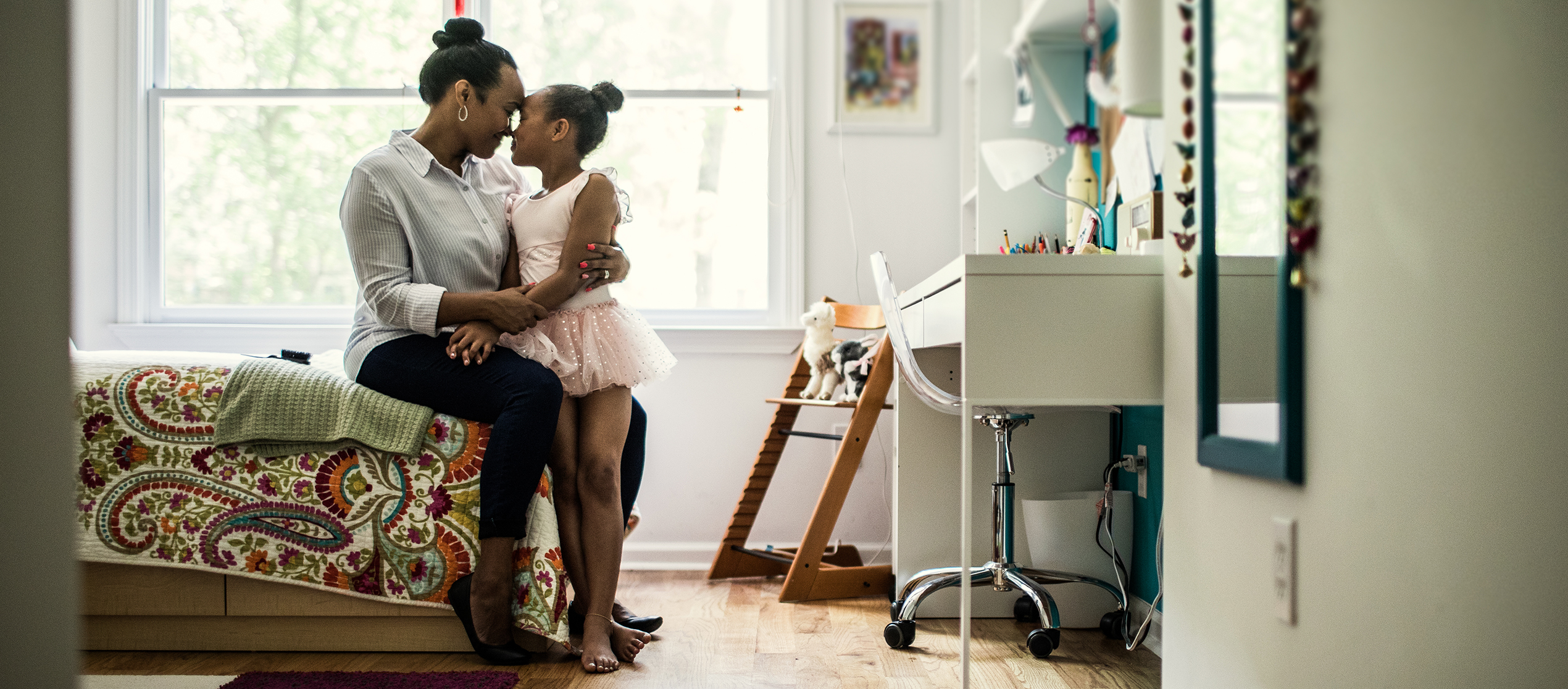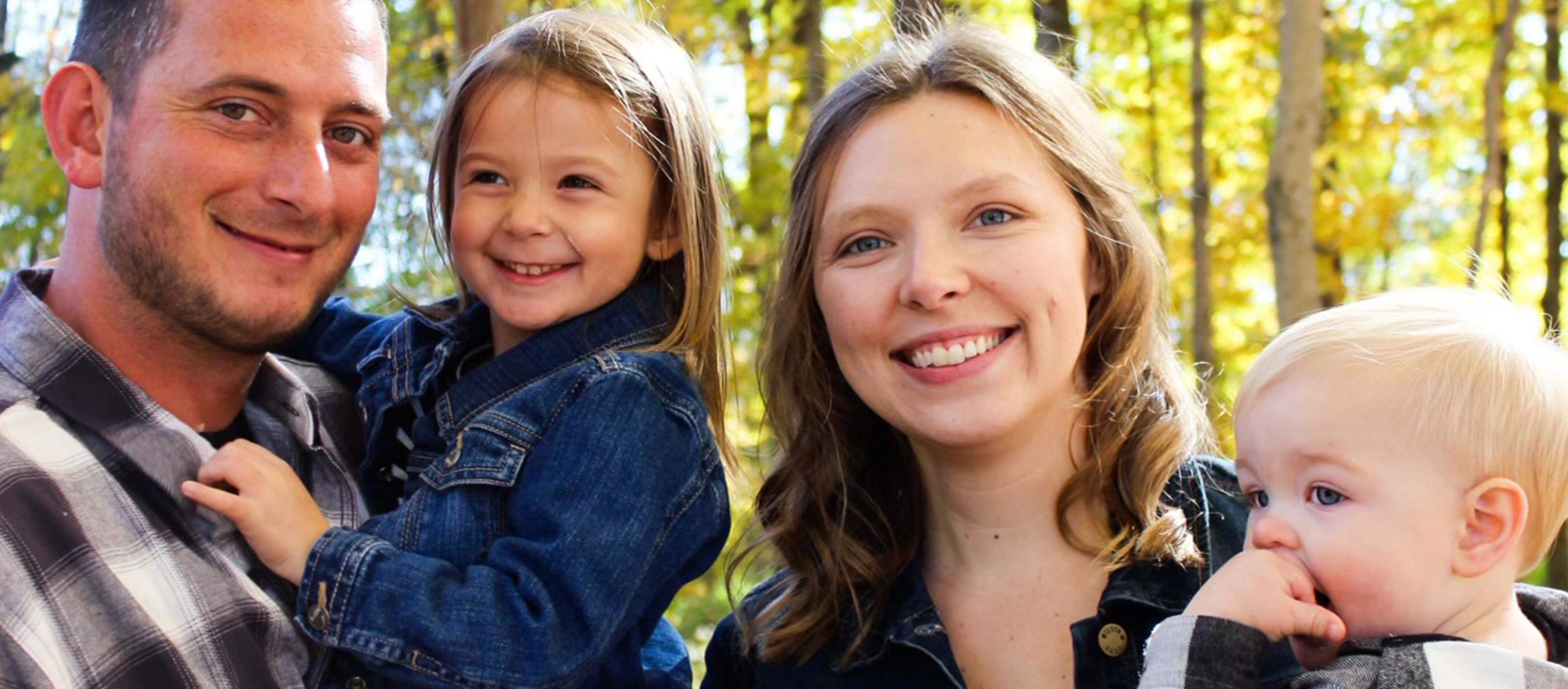Learning your child has a heart condition can be overwhelming. It can bring a whirlwind of thoughts and feelings. Shock, fear, worry, sadness, anger and uncertainty are all normal and common reactions. It is natural to search for answers as you try to make sense of what is happening. It is also common for your thoughts and feelings to change over time, and for partners to react and cope in different ways.
It can take time and support to adjust. While self-care may be the last thing on your mind, finding ways to nurture your own wellbeing is important, both for you and your child.
Here are some tips and resources that can help.
Prioritize Your Own Health
Taking time to rest, eat well, and exercise can help build resilience and improve your ability to manage the demands of your child’s illness.
- Getting enough rest is important for our mental and physical wellbeing. When we are stressed, our sleep is often the first thing to suffer. Try to get into a good sleep routine. This may include a calming activity before bed, like reading a book or having a warm, non-caffeinated drink. Going to bed at around the same time each night also helps train your body to sleep well.
- Make time for healthy meals and snacks. Accepting offers from family and friends to provide meals can help when you are too busy to cook.
- Exercise is another simple way to reduce stress and tension, give you more energy, and help you sleep better. Regular exercise has also been shown to improve our mood. A daily walk, for example, can help you to get out of the house or take a break from the hospital.
Nurture Feelings of Hope
During challenging times, you may also discover a strength, determination or faith that surprises you. There are many ways to nurture feelings of hope. Here are some ideas you might like to try:
- Take time to think about the relationships you value and the acts of kindness or support you have received.
- Notice and enjoy positive moments in your day, no matter how small.
- Think about your strengths and inner resources and draw from the ways you have gotten through challenges in the past.
- Ask someone you trust what they see as your strengths. It can be hard to see the positives in ourselves sometimes and reminders from others can help us connect with our strengths.
Draw on Your Faith or Spirituality
Whether you believe in God, universal energy or the goodness of the people you love, spiritual beliefs can provide comfort, hope, and strength during difficult times. Our beliefs can also help us feel more connected with our own values and with the people around us.
Create a Support Network
For many people, spending time with family and friends is an important way of coping during times of stress. Talking with a supportive friend or family member about how you are feeling can help you feel safe and understood. It can also feel good to take time out to do something you enjoy with your loved ones.
Support groups provide a community of parents, family members and patients who share similar experiences and emotions. Hearing others’ stories—and even sharing your own—can help you feel less alone. Here are some groups you might like to learn more about:
- Conquering CHD: www.conqueringchd.org
- Sisters by Heart: www.sistersbyheart.org
- Mended Little Hearts: www.mendedhearts.org
It can be a big step to reach out for help and it can be hard to know what kind of support you need. Your child’s cardiac care team, including your cardiologist or nurse, can help you find the right support.
At Cincinnati Children’s, our Heart & Mind Wellbeing Center includes a team of mental health professionals who specialize in caring for parents and caregivers of children with heart disease.
Read Next: Children with congenital heart conditions may also experience emotional challenges. Learn how you can help them cope.





